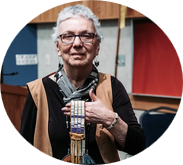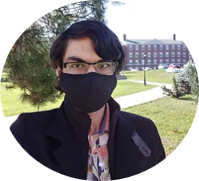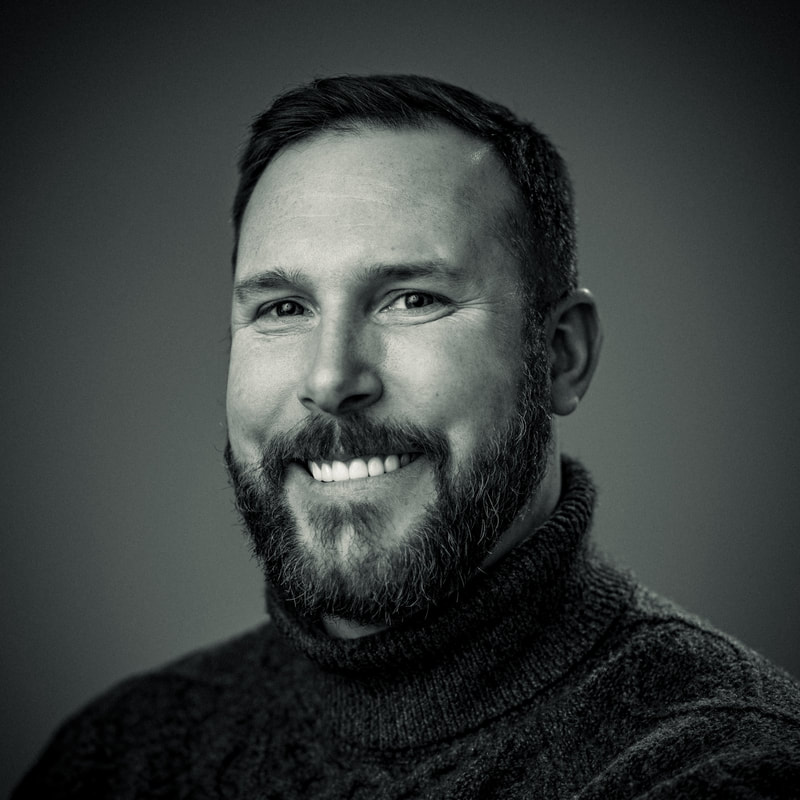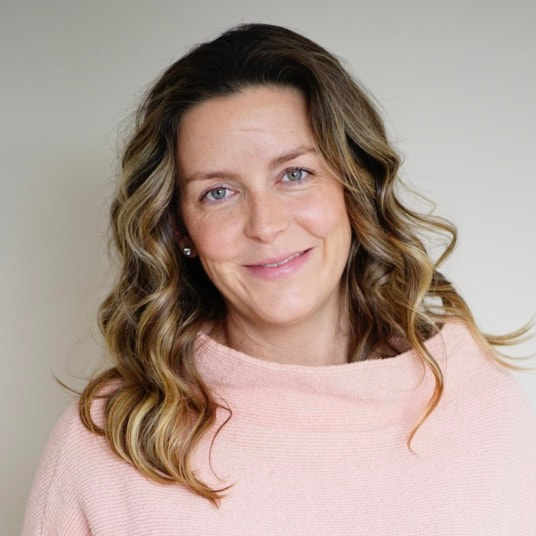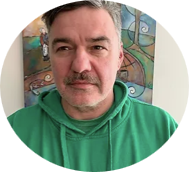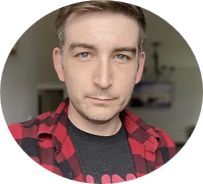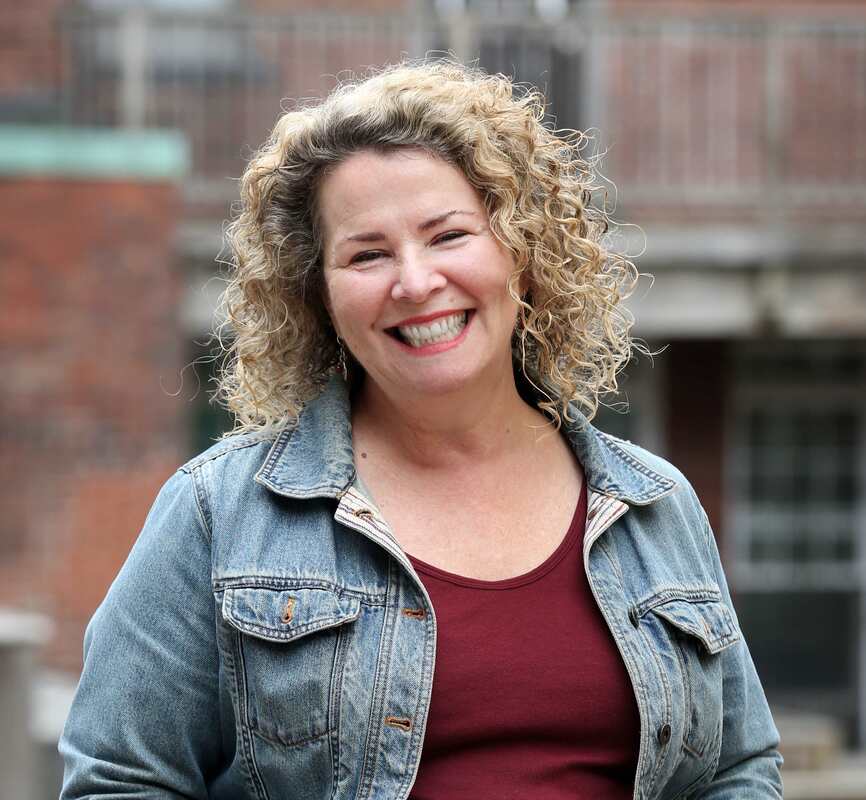Learning ResourcesLearn Wolastoqey with our many resources for home and in-class learning for learners from every background, experience, and skill level. Partner with us on your language journey!
|
Professional ServicesServices include developing Wolastoqey language learning and teaching materials, run languages and cultural workshops, day camps and cultural immersion camps and more.
|
Who We Are
Background
The term “Wolastoq” was used by our ancestors to refer to what is now known as the “St. John River”. In our language, “Wolastoq” means “the beautiful and bountiful river”. Our ancestors established permanent villages along the “Wolastoq” river and therefore identified themselves as “Wolastoqewiyik” or “people of the Wolastoq River”. The “Wolastoq River” was renamed “St. John River” by early French explorers and settlers who subsequently migrated into Wolastoqey territory. Furthermore, the term “Maliseet” is a Mi’kmaq word that means “slow speakers” and thus was assumed by the settlers to be our official name as a nation. The Center honors our ancestors by reclaiming the original term that defines us as a distinct and proud people.
The Wolastoq Language and Culture Center (WLCC) is an non-profit organization that offers language and culture learning to all members of the Wolastoqey (Maliseet) nation, other First Nation people, and to all those within the larger social community. The primary purpose is to promote literacy among community members and enhance cultural knowledge for all people. In addition, the Center promotes a greater understanding of Aboriginal rights, histories, and conditions experienced by Wolastoqey communities. In essence, it is a gathering place for those who wish to experience our rich and vibrant Wolastoqey language, culture and traditions.
The Wolastoq Language and Culture Center (WLCC) is an non-profit organization that offers language and culture learning to all members of the Wolastoqey (Maliseet) nation, other First Nation people, and to all those within the larger social community. The primary purpose is to promote literacy among community members and enhance cultural knowledge for all people. In addition, the Center promotes a greater understanding of Aboriginal rights, histories, and conditions experienced by Wolastoqey communities. In essence, it is a gathering place for those who wish to experience our rich and vibrant Wolastoqey language, culture and traditions.
Vision
The Wolastoq Language and Culture Center believes that all members of our Wolastoq communities are strongly committed to the goal of revitalizing and preserving the language, culture and traditions of our ancestors. In addition, the Center believes that members of mainstream society will participate in cross-cultural initiatives that will lead to a greater understanding and appreciation of Wolastoqey culture as well as issues, history, and conditions experienced by Wolastoqi people. Finally, the Center believes that an open, accepting, multi-cultural society will give official recognition to the rich and vibrant Wolastoqey language, culture, traditions and the many contributions made by Wolastoqi people.
Our Philosophy
Our philosophy revolves around Medicine Wheel Teachings and the “Wolasuweltomuwakon” (Maliseet Language Honor Code). These traditional teachings promote the principles of respect, harmony, balance, and interdependence. All people are viewed as sacred and connected to one another. What we have to offer is spiritual and cultural learning, a valuing of diversity, and a willingness to share.
WLCC Goals
The Center offers experiences that are designed to expand and broaden one’s knowledge and hopefully create a desire to return and learn more. The WLCC is a Center that revolves around teaching and learning the Wolastoqey language, culture, history, and spirituality. Our information is open to all who come with open hearts and minds. We invite you to join our Circle; all are welcome!
Our Services
Our services include a variety of culture, language, and information workshops and initiatives. These experiences are designed to enhance understanding of the language, culture, history, spirituality, and conditions experienced by Wolastoqey communities. The context of the learning is community-based and the learning experiences can be tailored to suit any time commitment from long-term projects to day camps.
Participants who want to learn more about Wolastoqey culture through the Center can expect to engage in experiential learning through traditional approaches such as songs, dance, ceremonies, storytelling, and inter-generational participation. For example, Elders would teach values, beliefs, and morals through storytelling. Ceremonies convey spiritual and cultural knowledge. Songs and dance recognize and acknowledge the gifts of all of creation. Contemporary approaches are also included such as reading and writing the Wolastoqey language. Our programs are successful because inter-generational learning is combined with both traditional ways and contemporary practice.
Participants who want to learn more about Wolastoqey culture through the Center can expect to engage in experiential learning through traditional approaches such as songs, dance, ceremonies, storytelling, and inter-generational participation. For example, Elders would teach values, beliefs, and morals through storytelling. Ceremonies convey spiritual and cultural knowledge. Songs and dance recognize and acknowledge the gifts of all of creation. Contemporary approaches are also included such as reading and writing the Wolastoqey language. Our programs are successful because inter-generational learning is combined with both traditional ways and contemporary practice.
Co-Founders
The WLCC is under the full time direction of Imelda and David Perley. Dr. Imelda Perley, C.M. holds a B.A. and M.Ed. both from the University of New Brunswick. She is a professional linguist and Wolastoqi speaker. She taught Wolastoqey language in First Nation schools, public schools and universities. Her roles within Wolastoqey communities expand to include being a Medicine Wheel Teacher, Sweatlodge Keeper, Sacred Pipe Carrier, and Storyteller. She is also a Curriculum and Language Consultant, a part-time lecturer at University of New Brunswick, St. Thomas University, and University of Maine, Presque Isle.
Dr. David Perley, C.M. is a part-time lecturer at University of New Brunswick, St. Thomas University and University of Maine, Presque Isle. He holds a B.A. (St. Thomas University) and M.A. in sociology from the University of New Brunswick. He specializes in Aboriginal education, race relations, and analysis of social problems. David is a former Chief of the Maliseet Nation at Tobique and has been employed as consultant for federal and provincial departments such as Education, Justice, Solicitor General, Child and Family Services as well as Indian and Northern Affairs. He is also a former Director of the Mi’kmaq-Wolastoqey Centre at University of New Brunswick.
Elders hold a special position as advisors within the Center community and are valued as mentors and keepers of sacred knowledge. They provide guidance, direction and wisdom required to ensure development and implementation of initiatives that are based on a strong cultural foundation.
Dr. David Perley, C.M. is a part-time lecturer at University of New Brunswick, St. Thomas University and University of Maine, Presque Isle. He holds a B.A. (St. Thomas University) and M.A. in sociology from the University of New Brunswick. He specializes in Aboriginal education, race relations, and analysis of social problems. David is a former Chief of the Maliseet Nation at Tobique and has been employed as consultant for federal and provincial departments such as Education, Justice, Solicitor General, Child and Family Services as well as Indian and Northern Affairs. He is also a former Director of the Mi’kmaq-Wolastoqey Centre at University of New Brunswick.
Elders hold a special position as advisors within the Center community and are valued as mentors and keepers of sacred knowledge. They provide guidance, direction and wisdom required to ensure development and implementation of initiatives that are based on a strong cultural foundation.
Location
The Center is located in Neqotkuk (Tobique First Nation) which is the largest Wolastoqey community in New Brunswick, and is located about 200 kilometers northwest of Fredericton, New Brunswick. The Center is accessible to community members and visitors.
Meet Our Team
|
|
|
|
|
Honouring our Elders
Contact Wolastoq Language and Culture Centre
|
4 Perley Road, Tobique First Nation,
New Brunswick, Canada E7H 3L8 |
[email protected]
1 (506) 447-7322 |
|
|
Land Acknowledgement
|
We would like to acknowledge that the Wolastoq Language and Culture Center is located on the traditional unceded and unsurrendered territory of Wolastoqiyik (Maliseet). This territory is covered by the Treaties of Peace and Friendship which Wolastoqiyik (Maliseet) first signed with the British Crown in 1725. The treaties did not deal with surrender of lands and resources but in fact recognized Wolastoqey title and established the rules for what was to be an ongoing relationship between nations.
"We are directed by the government to tell you that the English have no design to take your country or any of your lands from you: or to deprive you of any of your just Rights or Privileges" (November, 1720, English Treaty Commissioner). Note: The treaty Commissioners were appointed by the British Crown to negotiate treaties with Wabanaki nations in the 1700s. The Wabanaki nations included the Wolastoqiyik, Mi'kmaq, Passamaquoddy, and Penobscots. |
Copyright 2023 WLCC
|




